This website uses cookies so that we can provide you with the best user experience possible. Cookie information is stored in your browser and performs functions such as recognising you when you return to our website and helping our team to understand which sections of the website you find most interesting and useful.
mindset
podcast
plant-based tips
meal prepping
meal planning
listen now
Plant-based inspiration and wisdom for your nutrition journey
Plant Centered &
Thriving Podcast
Tune in!
learn more
My motto? Take it step by step. Everyone’s on a different journey, and nutrition never looks exactly the same for any two people. To build sustainable, healthful eating habits, I believe in a personalised approach that gets to the root of your unique needs and goals.
Your Registered Dietitian Nutritionist & plant-based eating advocate
hey! I'm Ashley Kitchens
“The choices that you make today will impact the microbiome by tomorrow.”
Dr Will Bulsiewicz (or “Dr B”) is an award-winning gastroenterologist, internationally recognized gut health expert and the New York Times bestselling author of Fiber Fueled and The Fiber Fueled Cookbook. He sits on the Scientific Advisory Board and is the U.S. Medical Director of ZOE, has authored more than twenty articles published in peer-reviewed scientific journals, has given more than forty presentations at national meetings, presented to Congress and the USDA, and has taught over 10,000 students how to heal and optimize their gut health. He lives in Charleston, South Carolina, with his wife and children.
Have you ever heard about the microbiome and the power of your gut, but never really understood what that means? Then this blog post is for you! You’ll learn about what the microbiome is, why pain isn’t always a bad thing, and how you can be on a plant-based diet and overcome potential food intolerances. This is something that plant-based gastroenterologist and gut health expert, Dr B has dedicated his whole life towards. So, let’s see what we can learn from him.
The Incredible Gut Microbiome
The gut microbiome and gut microbes are part of a complete ecosystem of life inside of us. They are little microorganisms – and there are 38 trillion of them living inside your digestive system. You evolved with them, and they are actually integrated into your physiology. You need them for digestion, your metabolism, your immune system, your hormones, your mood, and your brain health. Your microbiome is adaptable and completely unique to you. And the choices that you make today will impact your microbiome by tomorrow.
Often, we just accept things as they are, without even celebrating how incredible nature is. But even your organs are changing during your life in response to the choices that you make. And your gut microbes change in response to lifestyle choices such as exercise, too.
In my interview with Dr B, he talks about working through food intolerances. Much like preparing for a marathon, there is a process that you put your gut microbes through where you build up to a moment and allow them to adapt with you.
You start with small challenges, and eventually, you are doing bigger challenges, but you’re prepared for those bigger challenges. You’ve built up to that moment. And as you challenge it, your gut catches up each time you make a small change. You wait a couple of days, your gut microbes will catch up to that small change, and then you re-challenge it on a higher level. And by stepping up over time, you are actually allowing your body and these microbes to adapt with you, and you are allowing them to grow stronger and become more capable.
They become designed for what you’re asking them to do, and you are enhancing their functionality so that they become capable of doing things that you didn’t think they were able to do. So, if you work through the right process, you can get to anywhere you’d like to be. You might think that you’re not capable of eating legumes or whatever food is causing trouble for you, but you are. You just have to work through the proper process to allow your body to prepare for that.
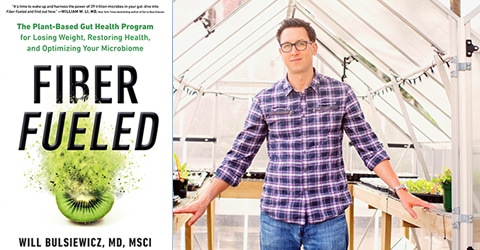
How to Overcome Food Intolerances
Dr B says that “low and slow” is the tempo for your gut. If you’re struggling with food intolerances but don’t know where to start, Dr B walks you through what to do in his books and in this podcast episode.
First, you start by identifying what food you want to reintroduce or what food you struggle with. Let’s use legumes as a common example for plant-based eaters. Start low, which is not a five-bean chilli. Low might literally be one to three chickpeas, and that’s okay. Because you have to meet your gut where it is right now and if you haven’t been eating many legumes before, why should your gut be capable of handling a sudden change?
After that initial introduction, you start to gradually increase and ramp up your consumption of legumes. And over time, your body will adapt to this. You’ll eventually get yourself to a point where you are no longer being specific in how many legumes you’re consuming. You’ll eventually find that you get yourself to a place where there is full functionality and no restriction.
This is something that is very useful for those that are starting out on their plant-based journey. Because often, this includes eating more foods that are high in fiber, which the standard American diet doesn’t really contain a lot of. So, wherever you are on that spectrum, Dr B ensures that one day you can eat a balanced plant-based diet without these types of digestive problems.
You only have to accept that the solution is not deprivation, rather it actually is about reintroduction. This can be tricky, because we tend to believe what our intuitive mind tells us. Like in this case, not all things are bad that also make us feel bad – you might just not be ready for them.
As Dr. B recalls, he enjoyed eating a lot of heavily processed foods. But he soon found out that it wasn’t good for him – his mind was just trying to trick him. And we can all think of a lot of substances or foods that make us feel good for a moment but that doesn’t mean that they are making us feel good or are beneficial for us in the long run.

Understanding Your Signals
When it comes to digestive or gut-related pain, there are scenarios in which pain is not a good thing. It’s not always about embracing the pain. But sometimes the thing that can cause pain is actually something you just need to rehab to overcome it.
If you hurt your knee, for example, there is only one solution that allows you to exist without pain in your knee. Stop walking. When you stop walking you will suffer the consequences of sitting around day and night. What we want, however, is to restore that functionality.
The goal is to not avoid knee pain altogether. Rather, it is about working through what’s happening with your knee to rebuild it, to make it stronger and to restore that functionality. You do this with a physical therapist to guide you and give you strengthening exercises. And with some rehab, you end up in a place where there is no pain and it’s fully functional again.
When you suffer consequences from legumes, the solution is not always to avoid the legumes. The solution is to have an approach guided by a registered dietitian or gut health specialist to help you work through the process of slowly challenging your gut with legumes incrementally, not in a way that causes pain, but instead in a way that’s below the level that causes pain.
This is why tests for food intolerance are problematic – according to Dr B. More often, they actually cause confusion. If you eat a food and you feel fine, you do not have a food intolerance – even if you tested positive for it. By definition, a food intolerance is the manifestation of symptoms that come from food.
If you really feel like you have a food intolerance, you should be systematic and listen to your body, and, ideally, work with a trained dietitian or doctor. By doing it this way, you can determine whether or not you have a food intolerance. And then once you know what foods you’re intolerant of, you can go through a process of healing the gut and bringing them back on board. Just like training for a marathon, you need to allow your body time and space to adapt.
Who knows, maybe you’ll soon be able to eat certain types of foods that you have been avoiding for most of your life.
Listen to the podcast episode
IF YOU LOVE US, TELL US
If you enjoyed this episode, go ahead and hit SUBSCRIBE. There is a new episode every Monday. Click here to subscribe on iTunes.
And if you’re feeling generous, take a few seconds to leave The Plant Centered and Thriving Podcast a review on Apple Podcasts. Hearing what you think helps me to curate the best content possible that will benefit YOU. So all you do is click here to review, click “Ratings and Reviews” and “Write a Review.”
Relevant Links
If you want to connect with Dr B, visit the following:
- Instagram: @theguthealthmd
- Website: theplantfedgut.com
Leave a Reply Cancel reply
more to explore
more to explore
Get weekly guidance to support your plant-based journey while strengthening your relationship with food, including weekly plant-based recipe ideas, tips, encouragement and so much more.
Join our newsletter
want blog updates?
explore
Founded by registered dietitian Ashley Kitchens, Plant Centered Nutrition shares approachable, evidence-based insights to inspire a balanced, plant-forward lifestyle. Ashley partners with brands, podcasts, and publications to show that healthy eating doesn’t have to be complicated—it just has to feel good and fit your life.
making plant-based eating easy, joyful, and realistic.
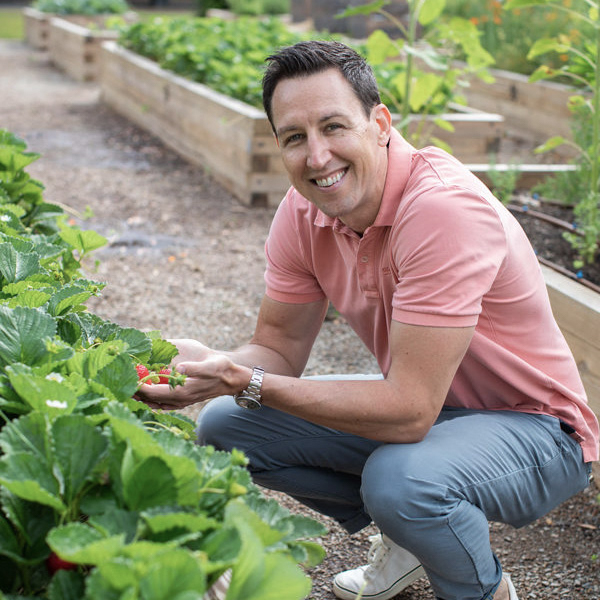


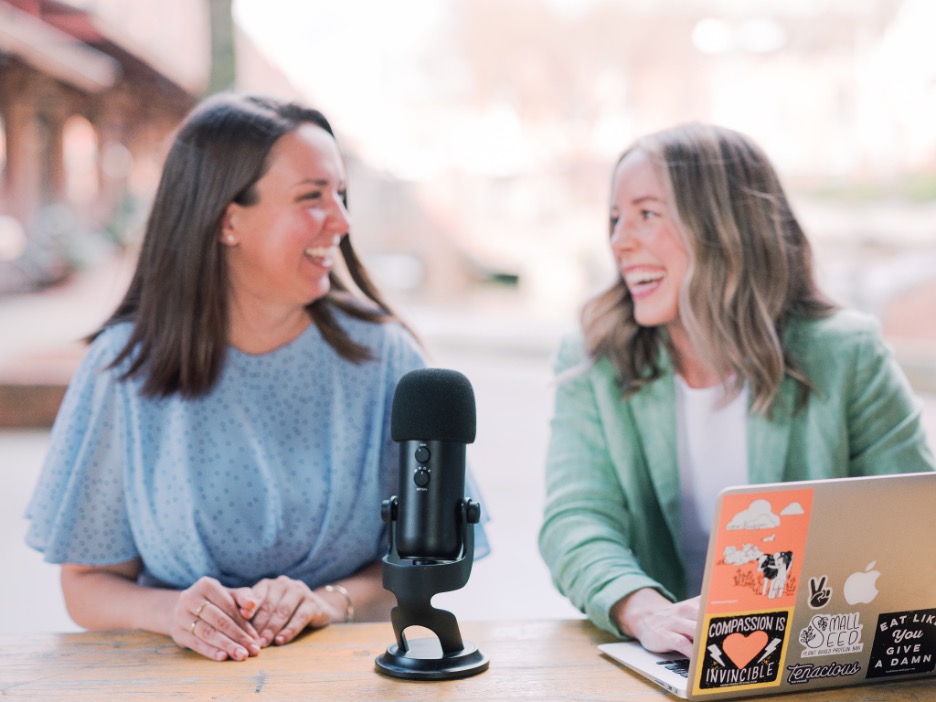


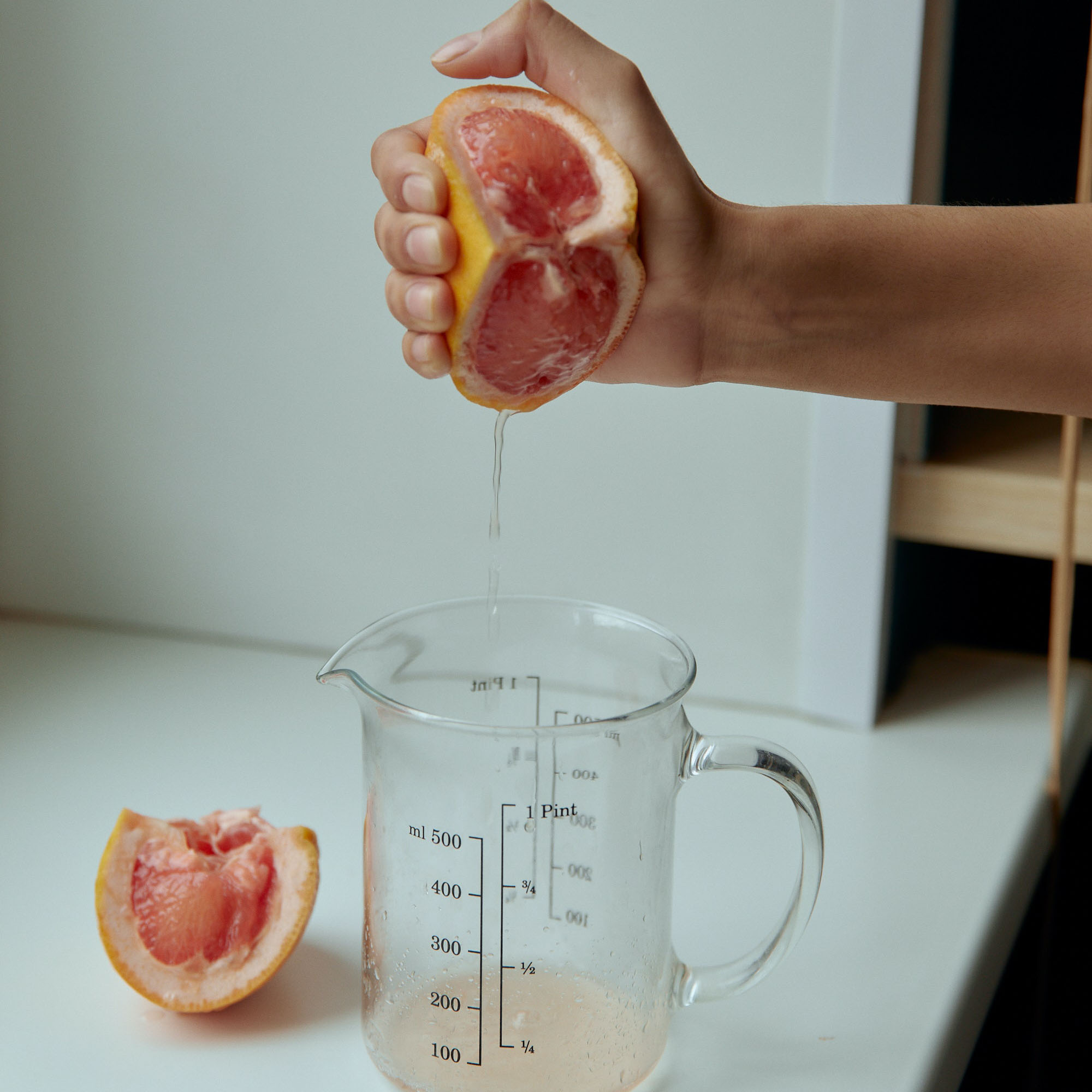
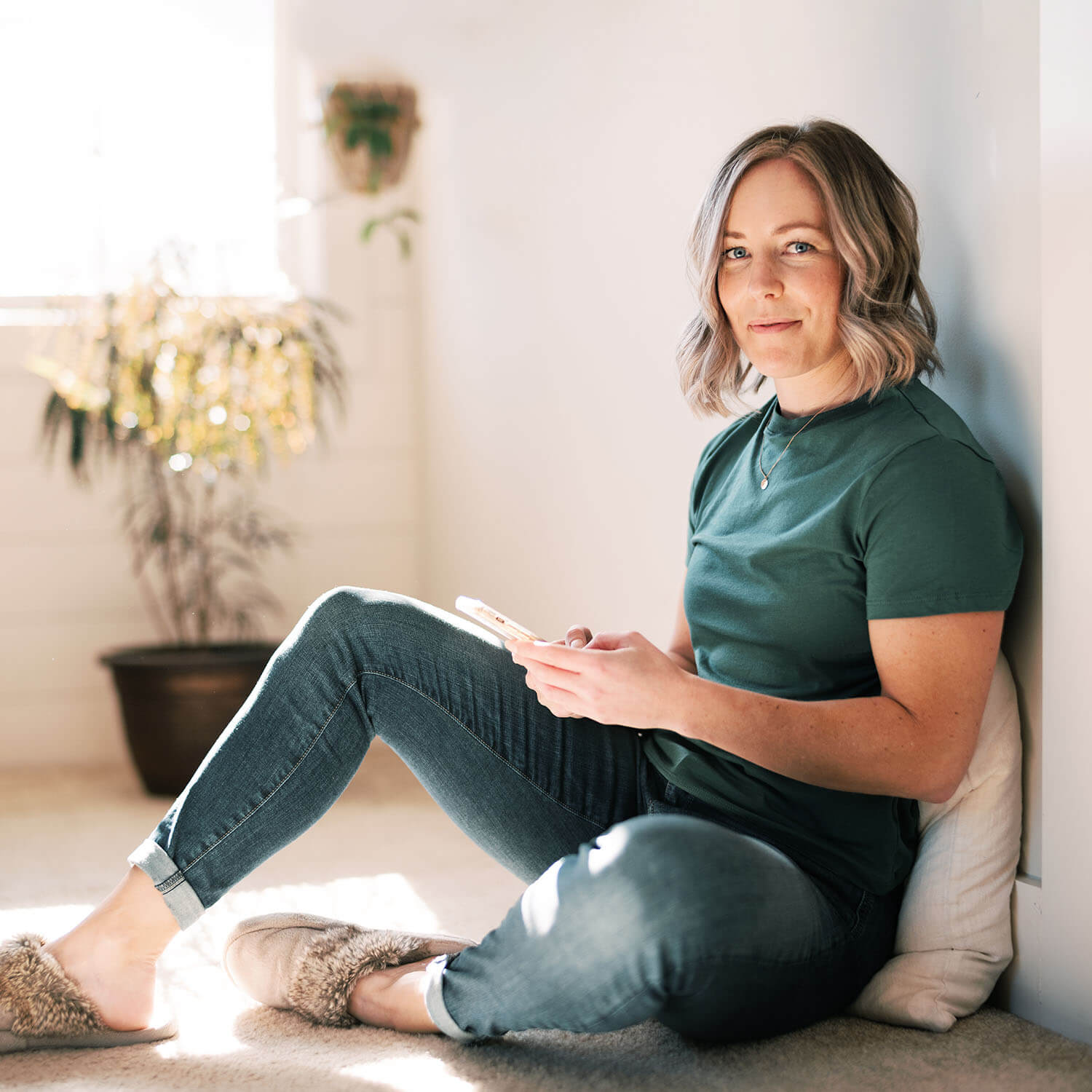

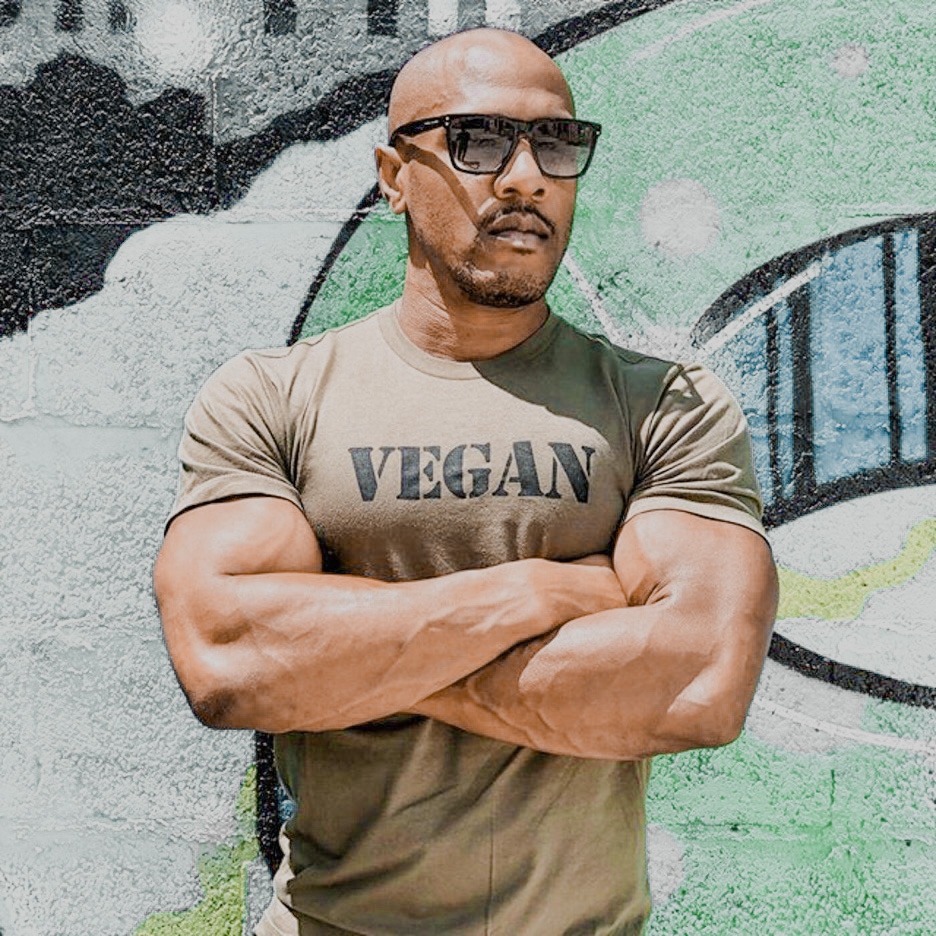


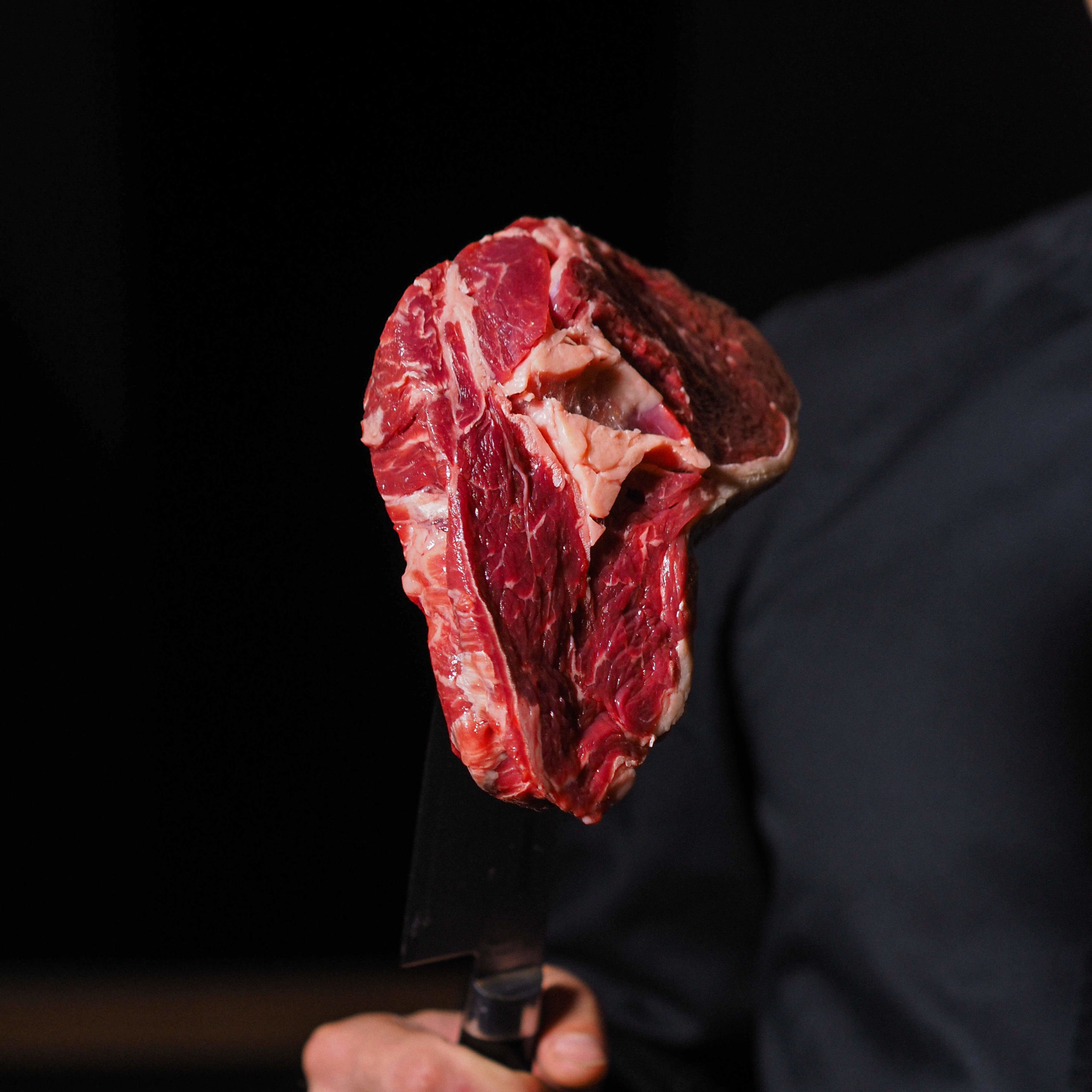

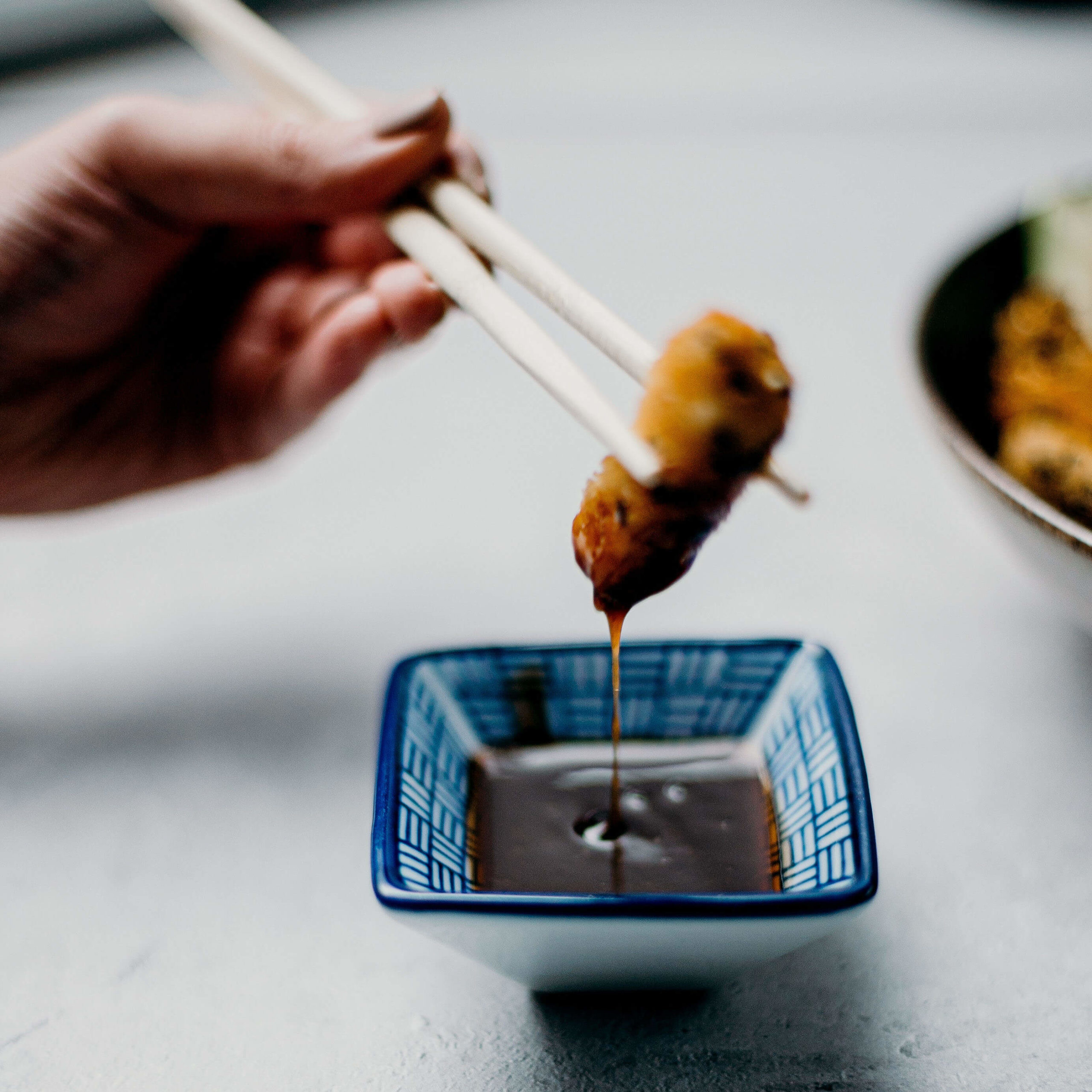

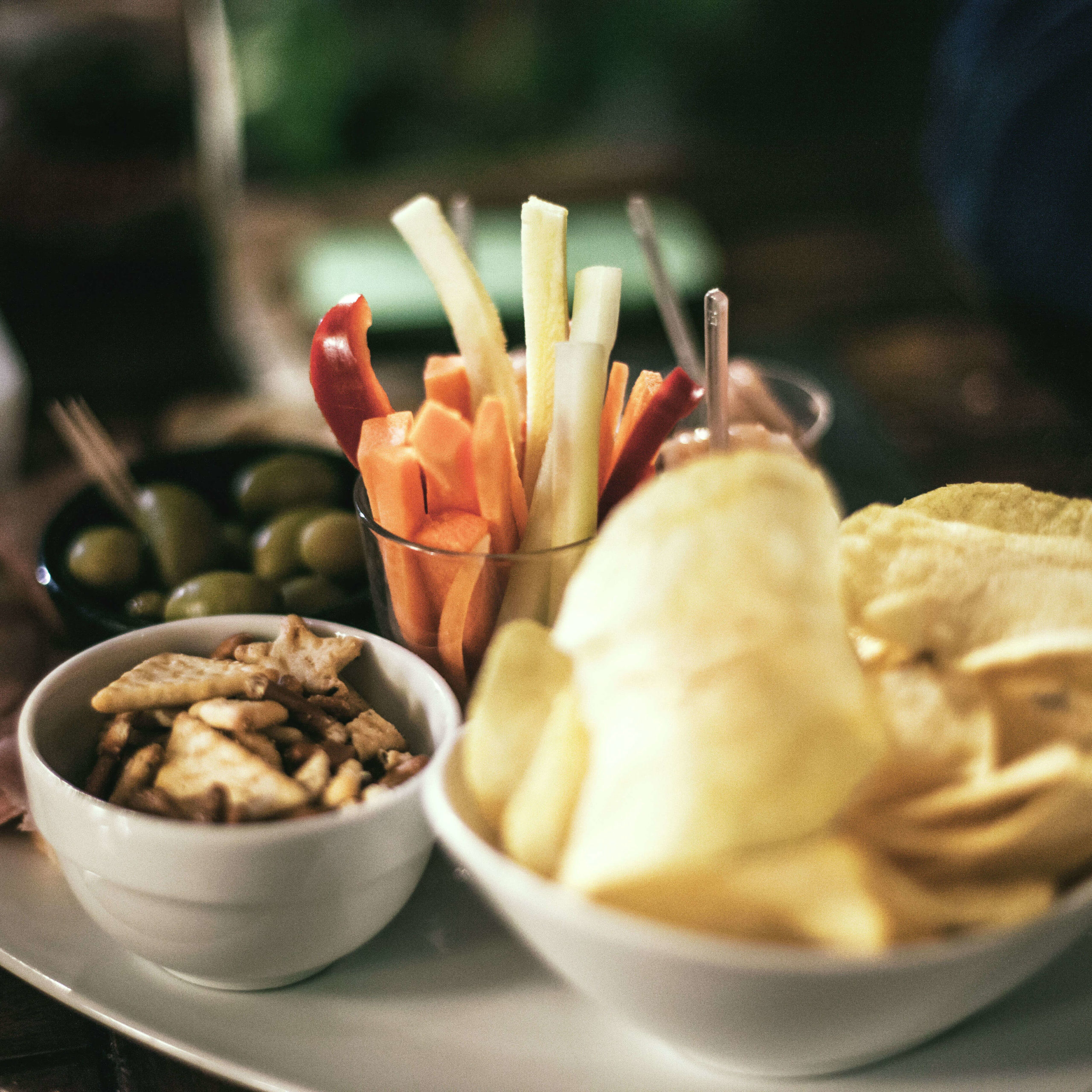
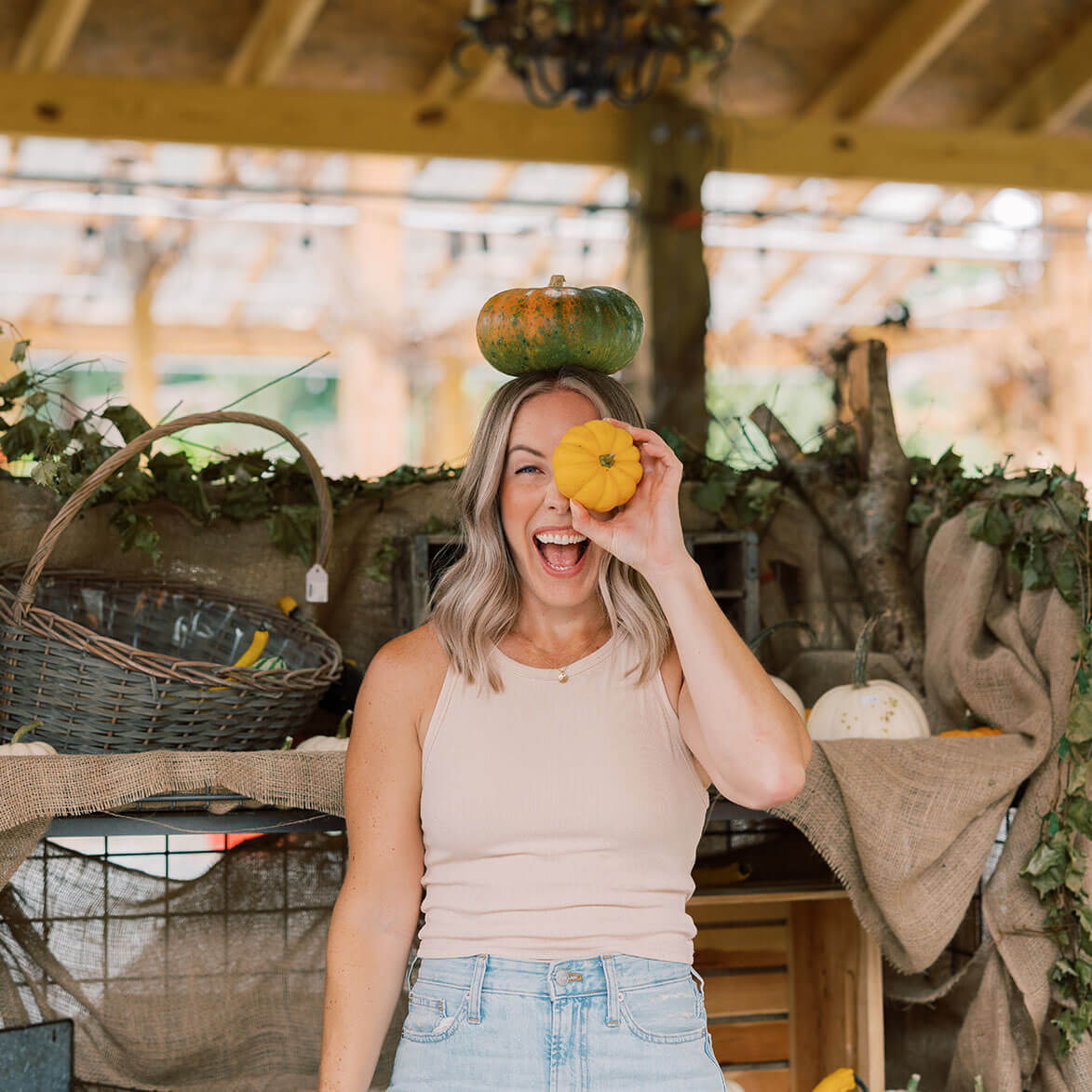
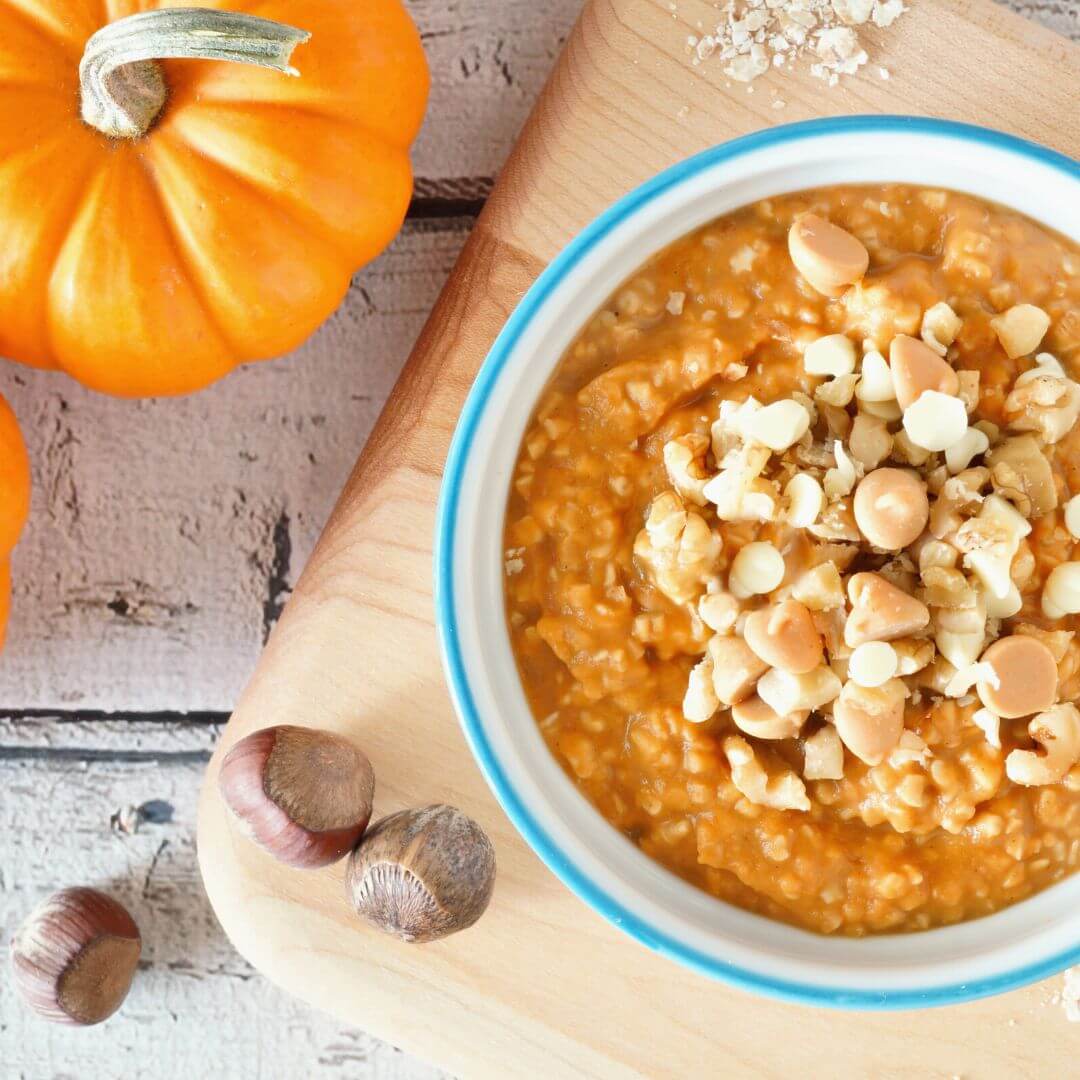
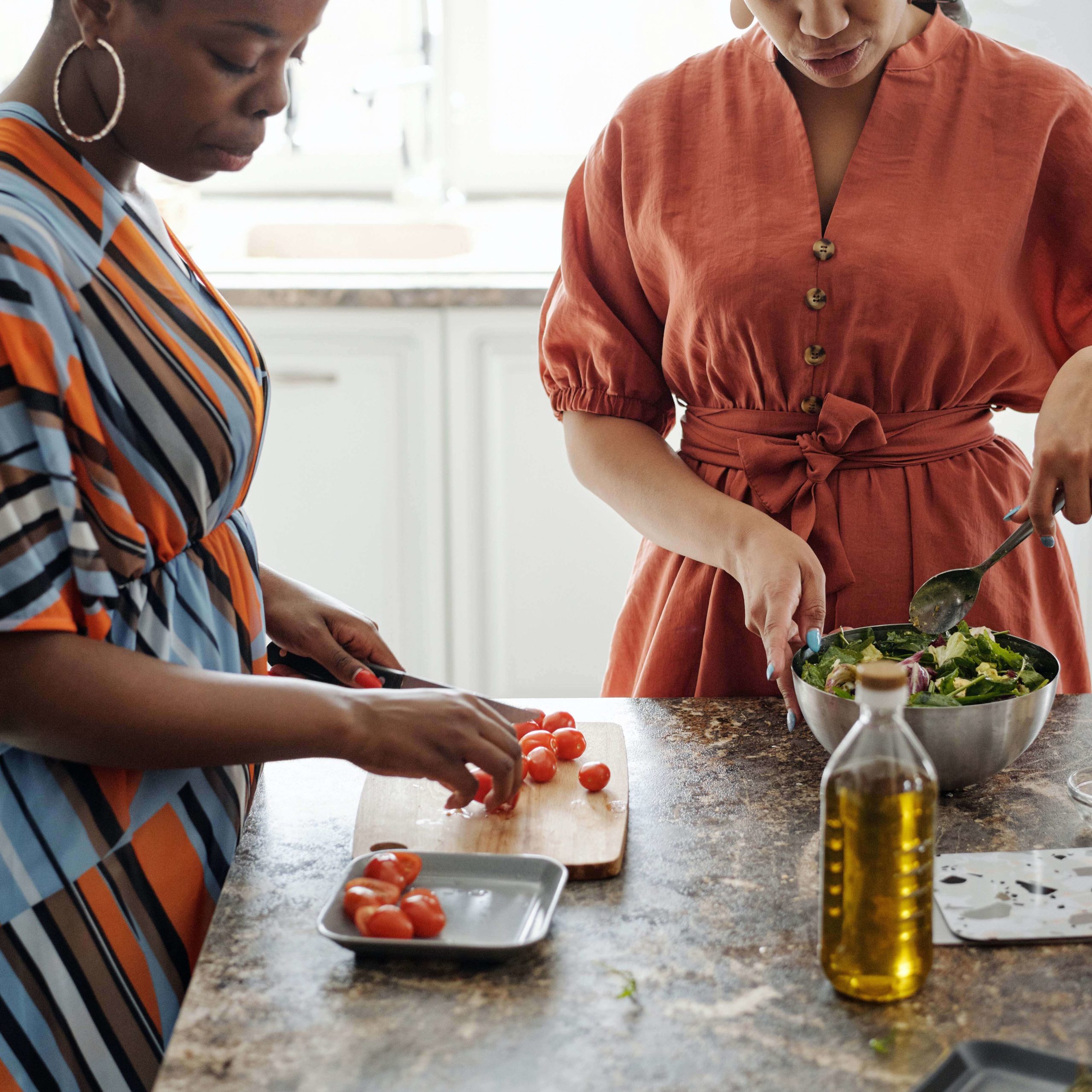
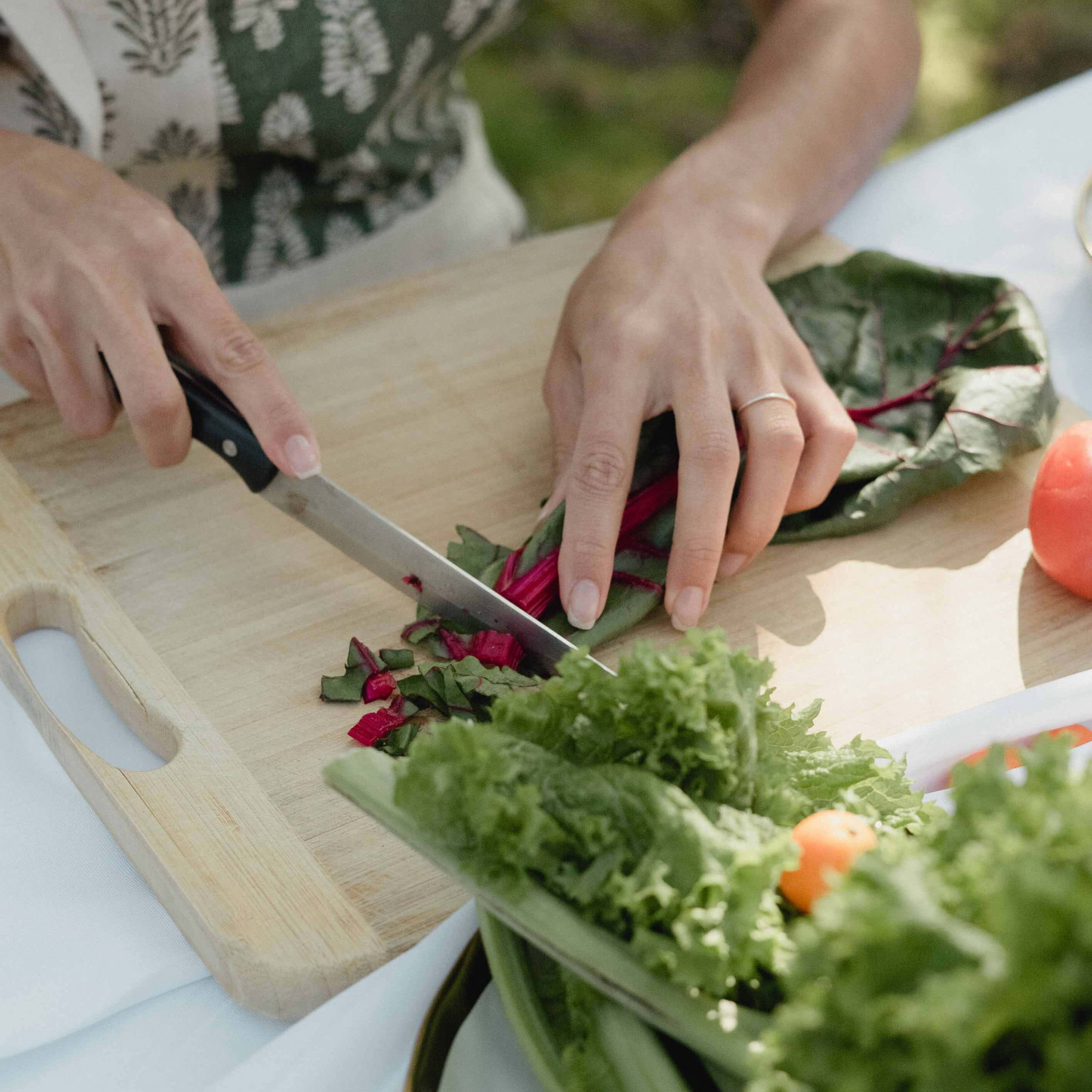
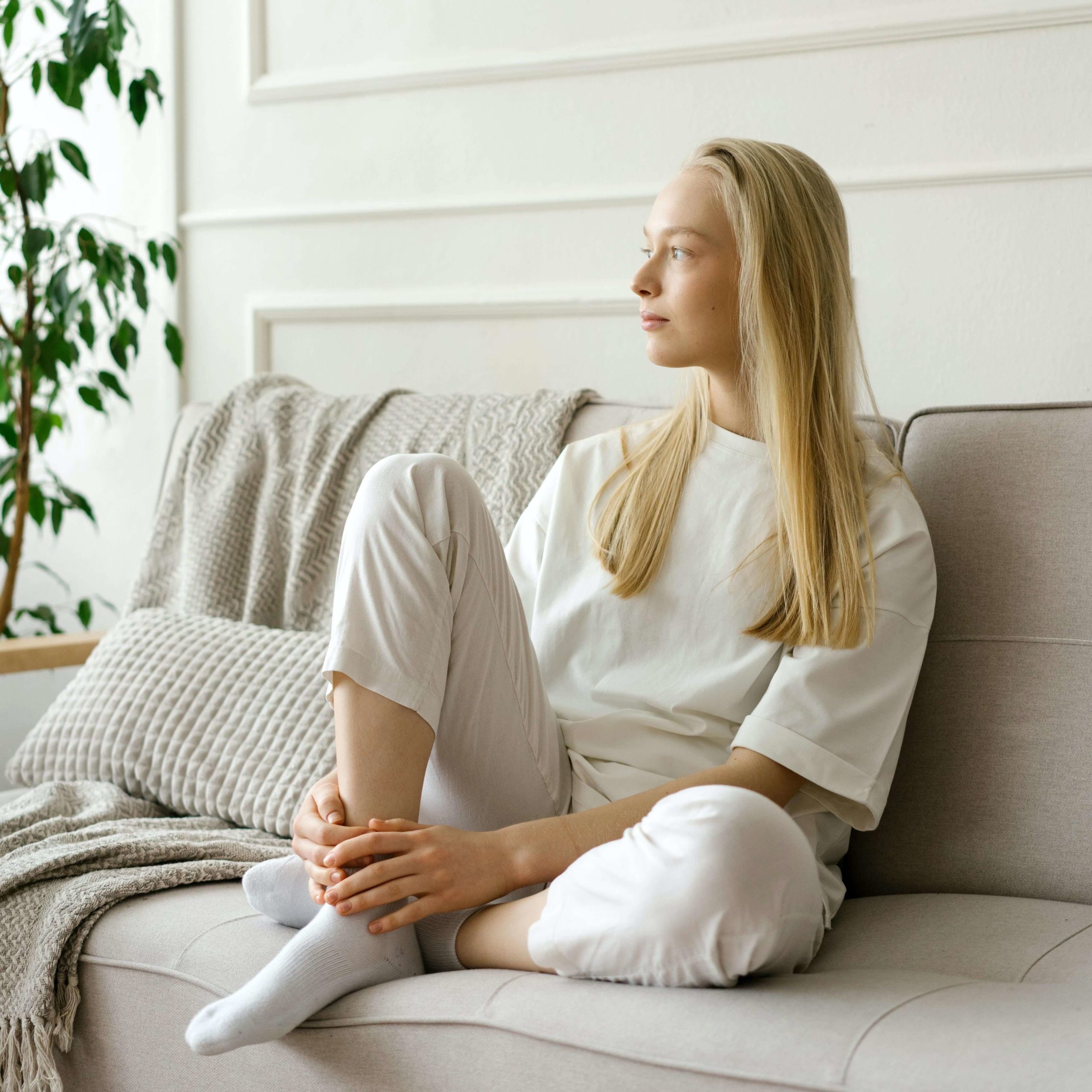
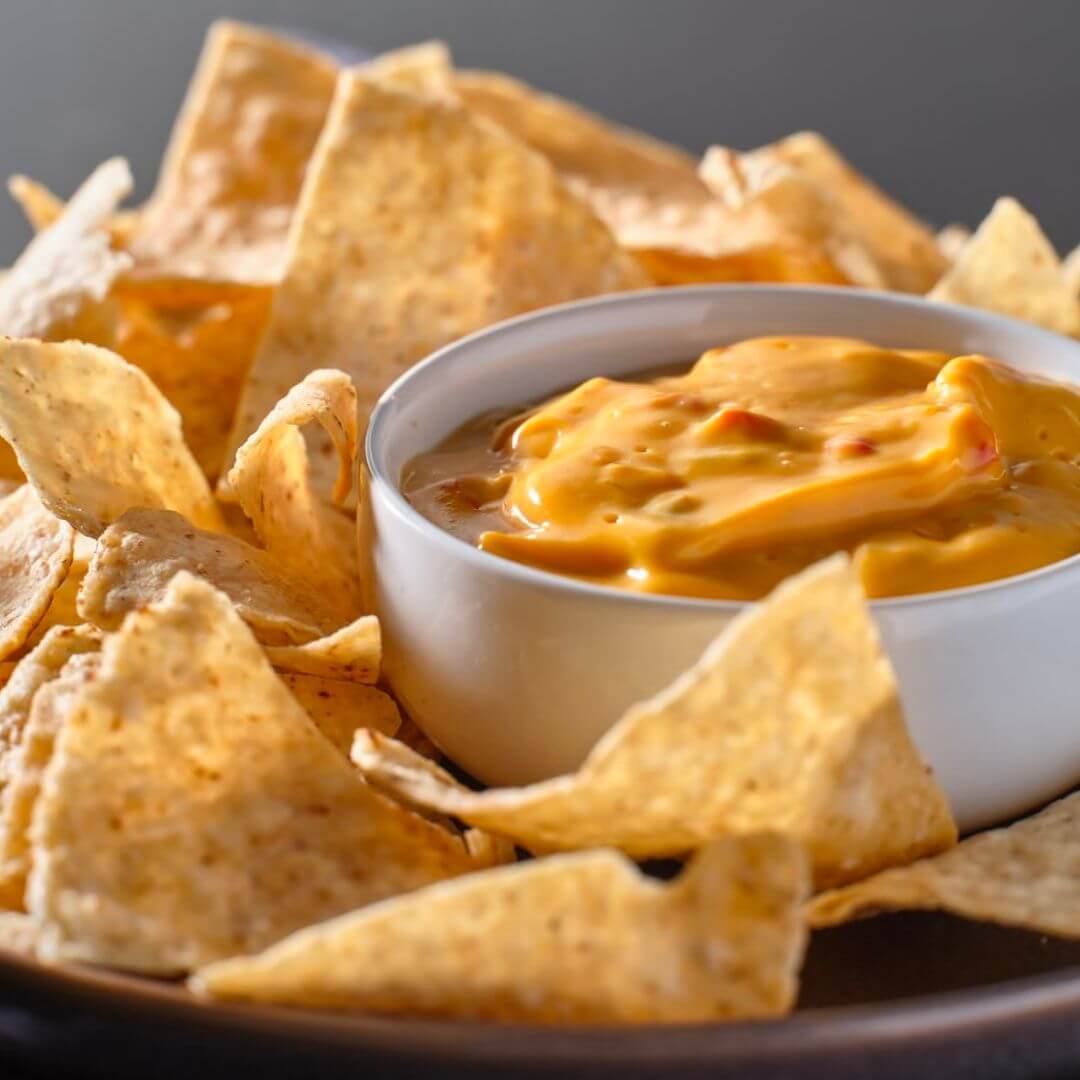
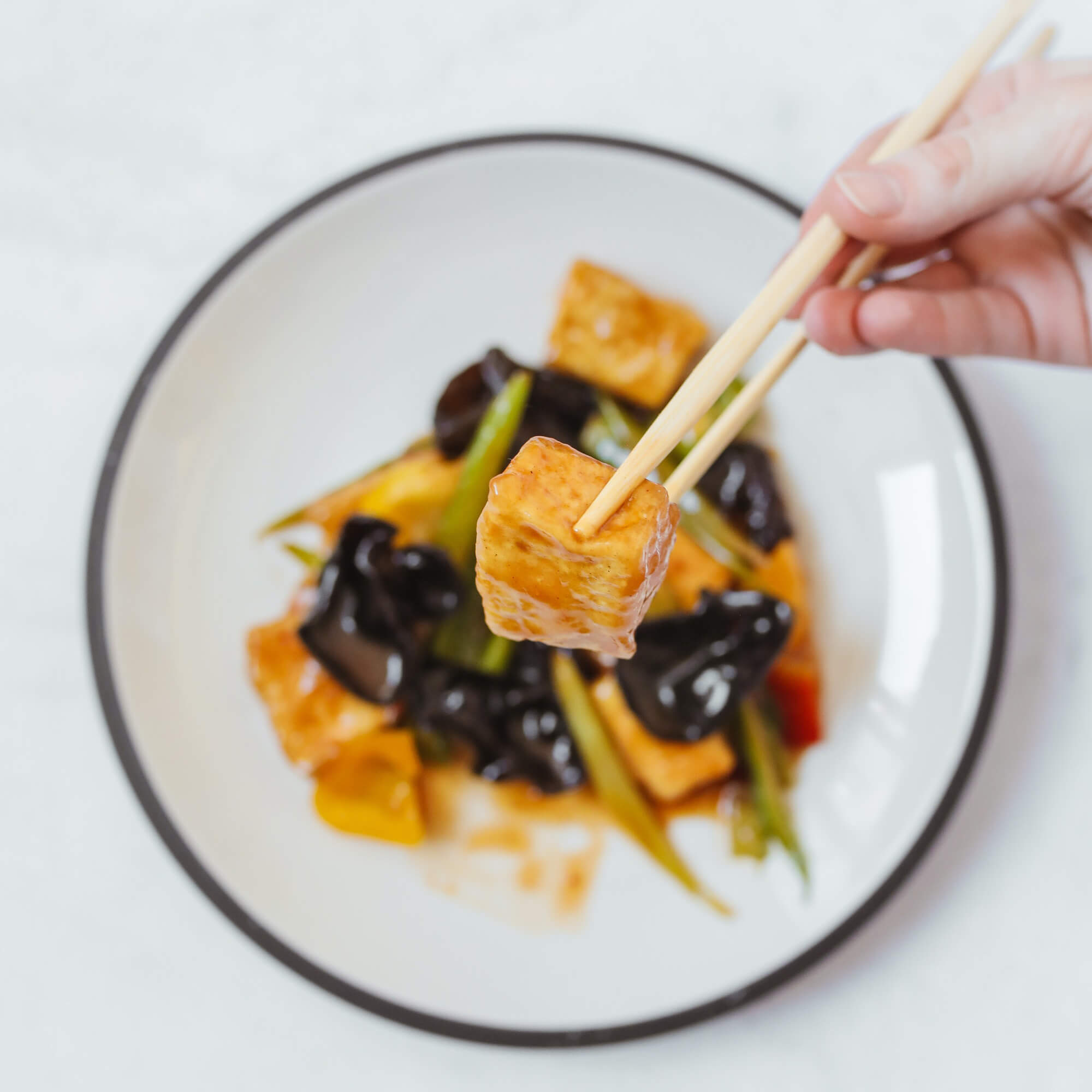
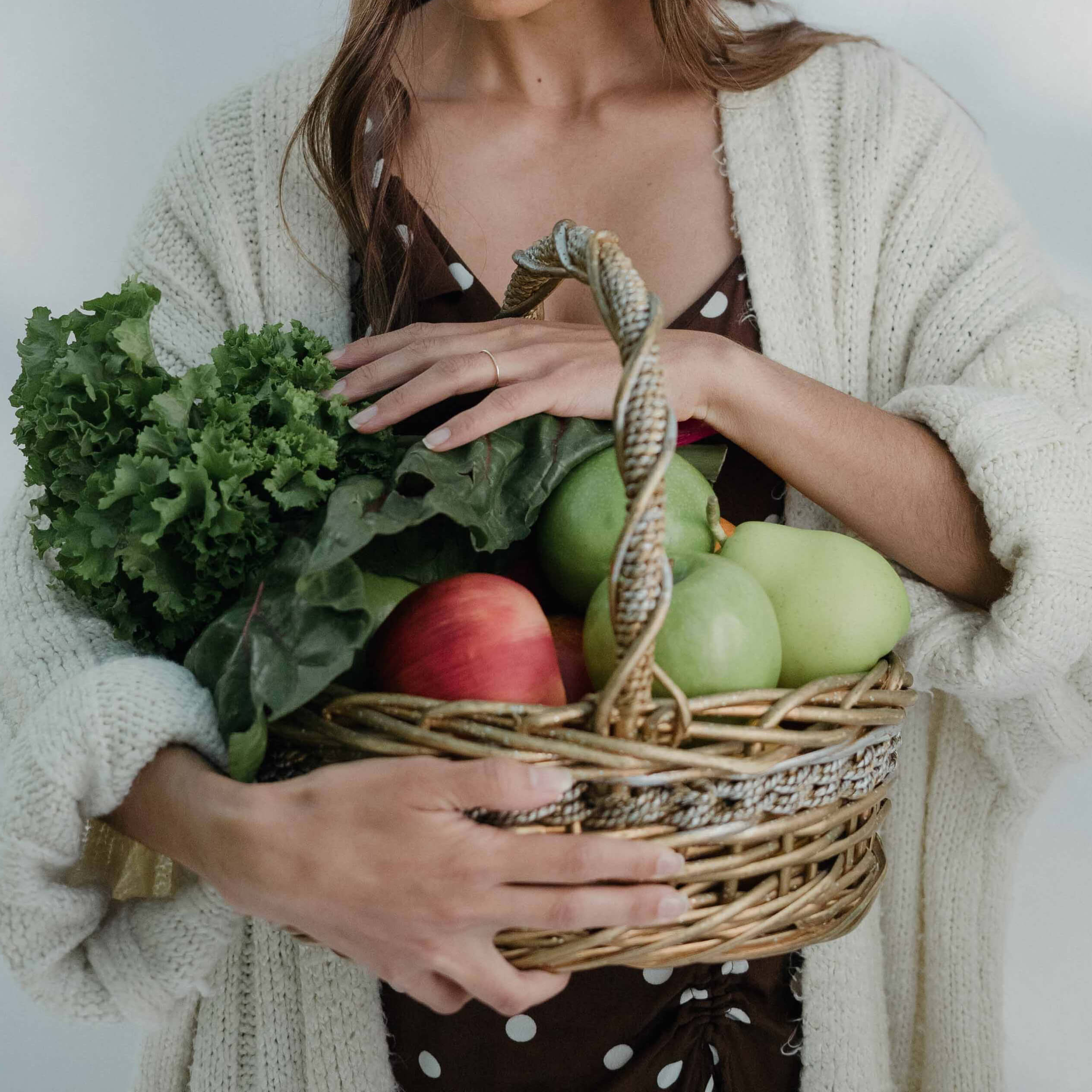

share
click to LEAVE A COMMENT